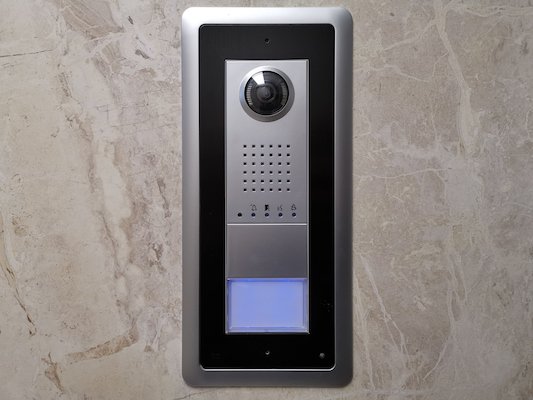Amazon and Google Give Warrantless Access to Your Cameras
Privacy Concerns Arise with Tech Companies Allowing Private Consumer Video Access without Warrants
Video doorbells have become increasingly popular and prevalent. These smart home devices stream live surveillance of one’s home, and this footage often remains in the cloud or on a homeowner’s personal storage device. But increasingly, law enforcement has been utilizing such footage to identify suspects involved in crimes.
Obtaining Video Access Without a Warrant
Typically, the assumption has been that, to access such footage, hosting companies such as Nest (i.e., Google) and Amazon required a warrant from law enforcement. It would make sense that, for law enforcement to access the private data recorded by homeowners, they would need to go to court and show cause.
Yet, surprisingly, it has been revealed that companies such as Google and Amazon have been allowing law enforcement to access this footage without warrants. Now, in some cases, this is likely permitted under “emergency” provisions of the company’s terms of use. Such provisions are common and allow companies to grant access to such data, without a warrant, if an exigent situation exists.
For example, when questioned by Senator Edward Markey (Massachusetts), Amazon stated that, under company policy, it routinely sends Amazon Ring footage to police. And, earlier this year, Amazon admitted that it had sent such footage at least eleven times without customer consent. Amazon stated that company policy allows for such action if it believes “imminent danger” to be present.
Amazon’s Ring Program and Video Access
But these emergency provisions do not explain why Amazon runs a national Ring program that partners with law enforcement departments across the United States. These programs allow law enforcement departments to ask Ring users for videos. And data from the program reveals that, when denied access to the footage by homeowners, these departments went on to secure court orders compelling release of such footage. Recent reports seem to even suggest Amazon has some sort of agenda, simultaneously urging homeowners to share data, while at the same time, pushing agencies to increase their pursuit of the same.
As all of these actions are legally permissible, it behooves legal counsel to follow the continued developments in such an area of privacy law because it appears to be only a matter of time before these two sides run into a serious conflict.
Key Takeaways on Private Video Access Without Warrants
Technology giants such as Google and Amazon admit they routinely allow law enforcement departments to access video footage from smart home devices without warrants. This practice has privacy advocates alarmed because:
Homeowners are often not notified when their footage has been accessed;
Amazon seems to encourage law enforcement departments to pursue such access; and
Law enforcement departments have continued to pursue access to such footage, even when denied by the homeowner.
For more information about data privacy, see our Technology Law Services and Industry Focused Legal Solutions pages.

